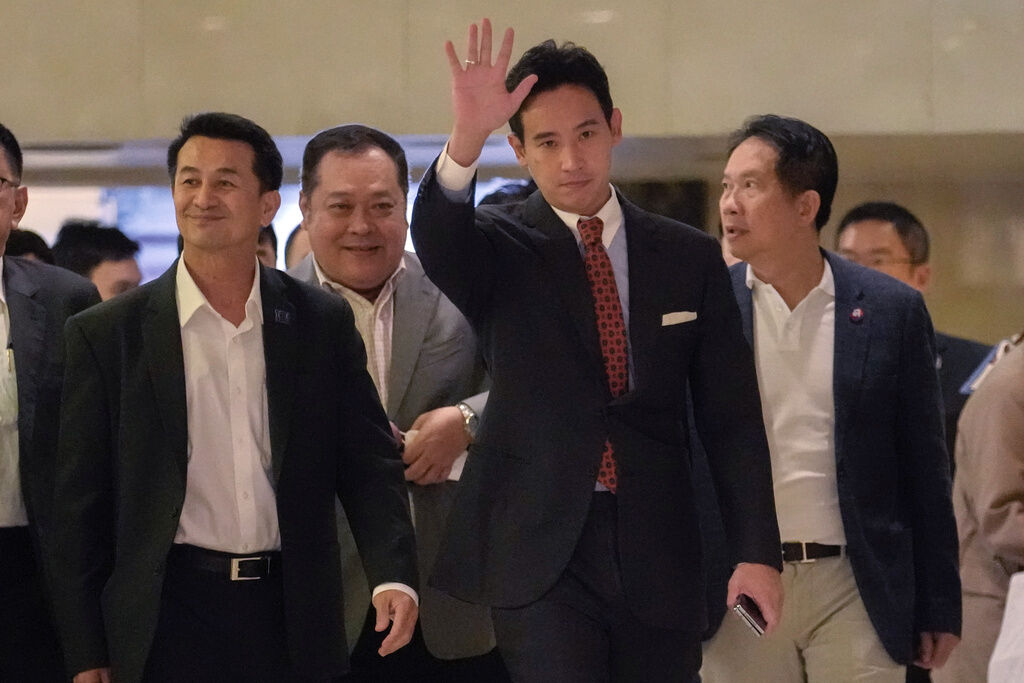Thai organisations challenge Senate’s prime ministerial authority

Amidst ongoing political turmoil in Thailand, a collective of forty organisations including pro-democracy bodies, non-governmental agencies, and civil society factions made a united call. The appeal, presented to the media yesterday, demanded governmental respect for the General Election held on May 14. It emphasised recognition of the Move Forward Party due to its public support and backed its leader for the role of prime minister.
The joint appeal also challenged Section 272, intending to revoke the Senate’s right to co-elect the prime minister. It sought to counteract adjustments made to the electoral system by the Constitution Drafting Assembly of Thailand.
Following the victory of the Move Forward Party (MFP) in the May 14 polls, the party’s leader, Pita Limjaroenrat, was chosen unanimously by the eight coalition parties on July 13 as the single candidate for the prime minister role. However, Pita was unable to secure the necessary votes in the election to become the new prime minister. Out of the 705 participating members, the final tally recorded 324 votes in favour, 182 against, and 199 abstentions, which fell short of the needed 375 votes. Notably, Pita amassed a meagre 13 votes from the senators.
The pro-democracy factions, in the issued declaration, made a pointed critique of the Senate. They claimed that the Senate had exploited its authority by overlooking the popular voice, thereby flouting Section 159 of the constitution concerning the endorsement of a prime minister.
The groups expressed their grievances over the Senate’s appointment process, noting that it was conducted without public consultation or approval. This appointment was executed under Section 272 in the 2017 temporary provisions of the Constitution, penned by the then-operative National Council for Peace and Order (NCPO).
Keen supporters of the statement included prominent organisations like the Union for Civil Liberty, Campaign for Popular Democracy, P-Net, the Pridi Banomyong Institute and the Thai Women’s Movement for Reform (WeMove), reported Bangkok Post.
Latest Thailand News
Follow The Thaiger on Google News:


























